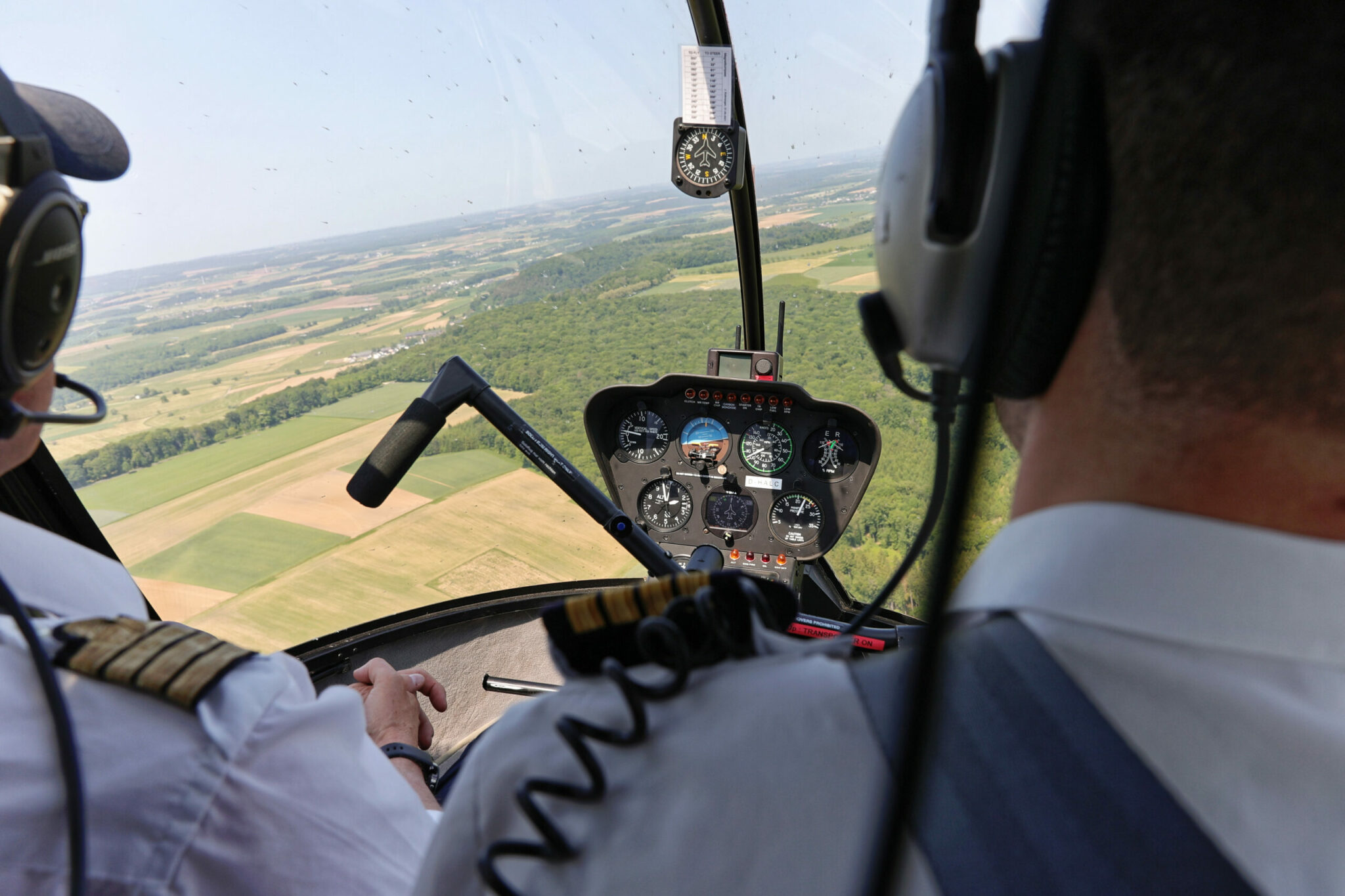
The essential role of the pilot
As a helicopter school specialising in pilot training, we firmly believe that pilots will make a significant contribution to the aviation industry. A helicopter pilot is not just someone who flies an aircraft, but also a highly skilled and dedicated professional whose role goes far beyond flying the helicopter.
In this article, we will explore in detail the important role of helicopter pilots and the significant impact they have on the safety, mobility and efficiency of flight operations. We will also look at the skills, responsibilities and importance of helicopter pilots in the aviation sector.
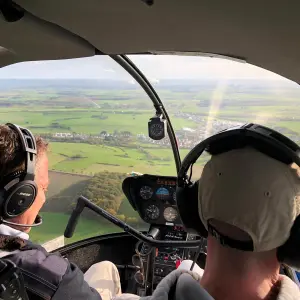
Technical and mental skills
Flying a helicopter requires a complex set of technical and mental skills. Helicopter pilots are trained to master navigation, manage on-board systems and forecast various weather conditions. The ability to make quick and accurate decisions in emergency situations is a fundamental characteristic of their expertise.
Safety first and foremost
Safety plays an important role in the work of a helicopter pilot. From meticulous pre-flight checks to managing emergency procedures, these experts are committed to ensuring the safety of the crew, passengers and people on the ground. Their ongoing training programme prepares them to deal with unforeseen situations, putting the emphasis on accident prevention. Helicopter pilots are responsible for ensuring safety on board the aircraft. Before each flight, a series of strict procedures are followed to ensure that the aircraft is in perfect working order at all times. These pre-flights include meticulous checks of all systems, from engines to on-board equipment. In-depth training of pilots helps them to quickly identify and resolve any potential problems.
During the flight, the pilot is always alert. The weather can change rapidly and pilots need to be able to react quickly and accurately. Advanced emergency systems management skills are essential, as pilots need to be able to react calmly to unexpected situations, such as engine failure, and make quick decisions to ensure the safety of the aircraft and the people on board.
Managing varied assignments
The tasks assigned to helicopter pilots are diverse, ranging from passenger transport to more specialised missions such as mountain rescue, emergency medical transport or logistical support. Each task requires rapid adaptation to the characteristics of the environment and specific needs, highlighting the versatility of these professionals.
Emergency management
Emergency management is an important skill for any helicopter pilot. Pilots are trained to deal with a variety of emergency situations, from engine failure to extreme weather conditions. Advanced flight simulators are used during training to expose pilots to simulated emergency situations, preparing them to react calmly and competently in real conditions. Communication in emergency situations is also emphasised. Pilots must be able to communicate effectively with ground staff, air traffic controllers and other crew members to coordinate an effective response to the situation. This requires intensive training and regular practice to maintain these important skills.
Economic and social importance
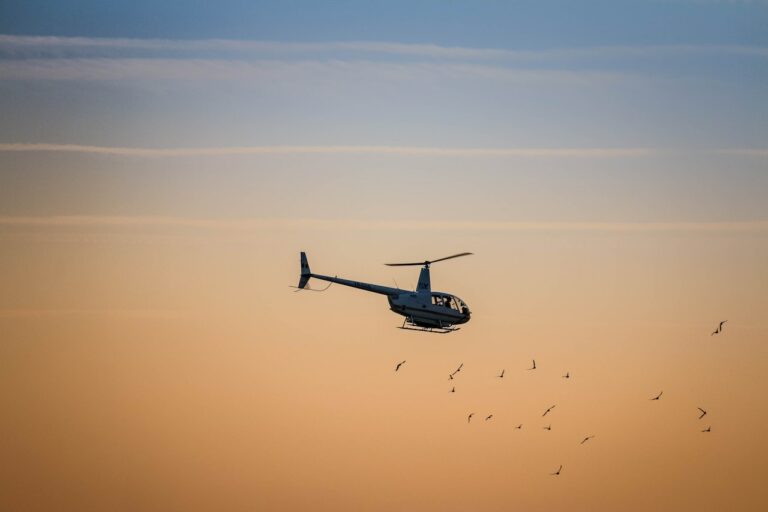
In addition to their operational roles, helicopter pilots also make an important contribution to the economy and society. They facilitate access to remote areas, support rescue operations and contribute to economic development by facilitating the transport of people and goods. Their presence is vital in areas such as the tourism industry, energy exploration and humanitarian missions.
Technological developments and continuing training
The field of aviation is constantly evolving and helicopter pilots need to keep up with these advances. Continuous training is an essential aspect of their career, ensuring that they master new technologies, flight system updates and best safety practices. This constant pursuit of excellence demonstrates their commitment to safety and efficiency.
Navigation expert
Air navigation is a complex skill that requires an in-depth knowledge of navigation systems. Helicopter pilots are trained to use a variety of tools, including GPS, radio communications and aeronautical charts. Their ability to navigate with precision in different environments, such as dense urban areas, mountainous terrain or desert areas, is essential for carrying out various missions. In addition to navigation, pilots are also trained to assess weather conditions and adjust flight plans accordingly. This ensures continuous adaptation to environmental changes, guaranteeing maximum safety and efficiency.
Team coordination
A helicopter pilot is usually the commander of a flight crew. Effective communication with ground staff, air traffic controllers and other crew members is essential to ensure that operations run smoothly. Precise coordination helps to avoid problems and maximise mission efficiency. Pilots are trained to work closely with other crew members, such as aircraft mechanics, to ensure that the helicopter is always in perfect working order. Close coordination between pilots and ground staff is also essential when planning and executing complex missions.
Continuing education
Continuous training is an essential pillar in a helicopter pilot’s career. Technological advances, new procedures and regulatory updates are essential elements of the aviation industry. Pilots need to keep up to date with these aspects to maintain their skills and ensure compliance with the latest safety standards. Continuous training programmes include courses on new aviation technologies, updated regulations and flight simulation to maintain and improve operational skills. Continuous training ensures that pilots remain experts in their field throughout their career.
Conclusion
In short, a helicopter pilot is not just someone who flies a plane. They are highly qualified professionals with exceptional technical and mental skills, as well as a great responsibility for safety and operational efficiency. Their role extends beyond flying to encompass economic, social and humanitarian aspects. In an ever-changing world, these aviation professionals remain at the heart of efficiency and progress in their field. The role of a helicopter pilot is not simply to fly from point A to point B. They are the embodiment of safety, technical competence and the management of flight operations.
At CEFA, we are committed to training the pilots of tomorrow, equipping them with the skills and knowledge to excel in this important role. The sky is not the limit, it’s the playground where helicopter pilots demonstrate determination and expertise.
Would you like to discover the world of helicopter pilots? Then get in touch with us!
CEFA – Centre Européen de Formation Aéronautique
- Aérodrome de Reims-Prunay, 51360 Prunay
- [email protected]
- 07 49 94 35 32
Our office in Luxembourg
- 13-15, Rue de l'industrie L-8069 Bertrange Luxembourg
- [email protected]
- +352 2630761
Our training courses
DOUBLE CPL(H) LICENCE
Becoming a pilot in Europe and Canada
Become a pilot in Europe only
To become a pilot for personal pleasure
To convert your licence and fly in Europe

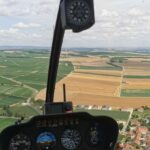
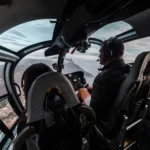

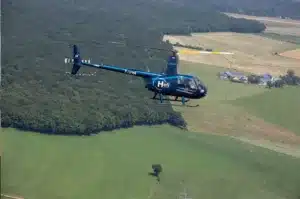

1 Comment
I was looking through some of your posts on this website
and I believe this internet site is real informative! Keep on putting up.Money from blog